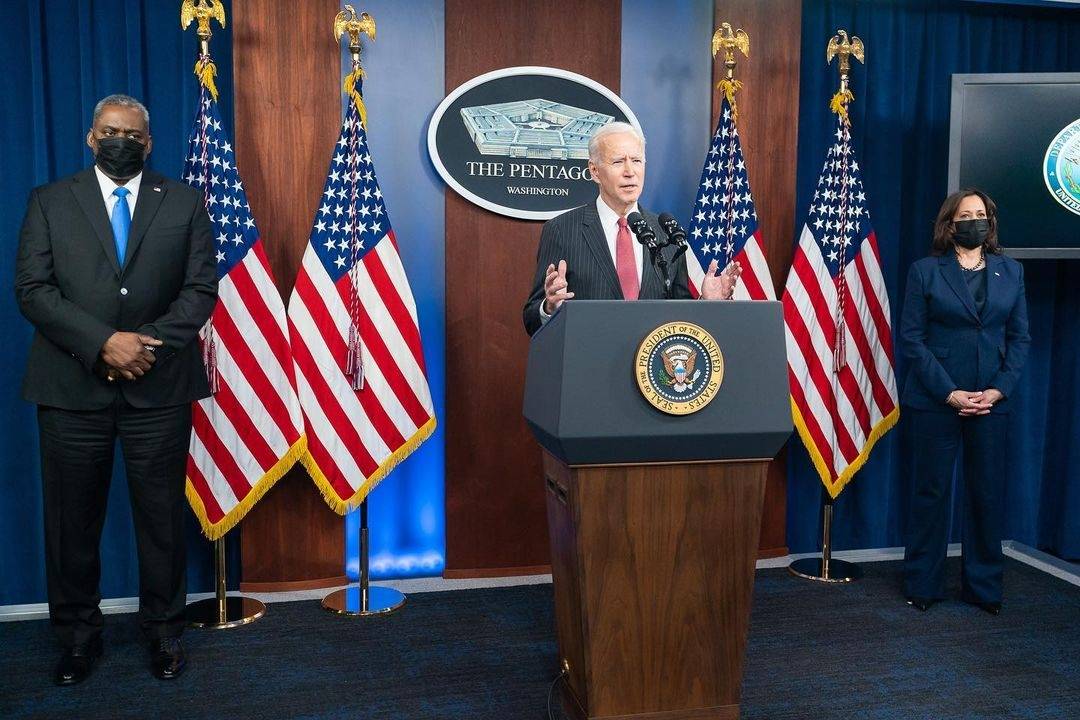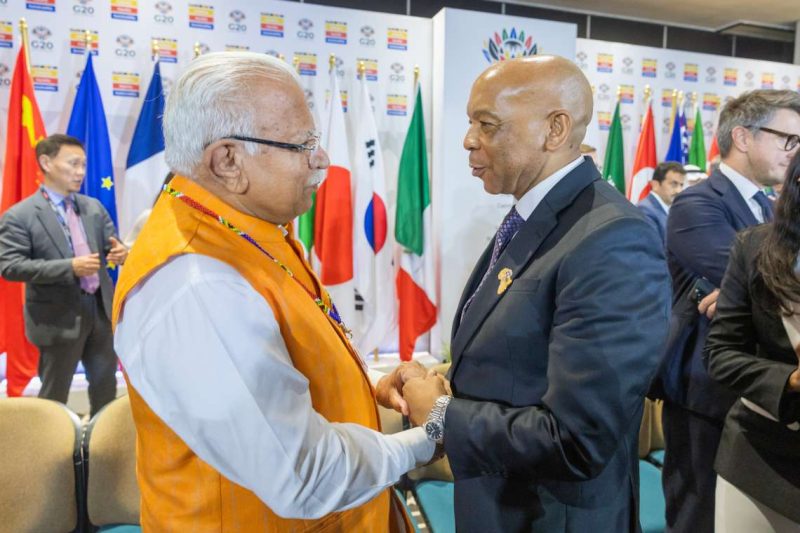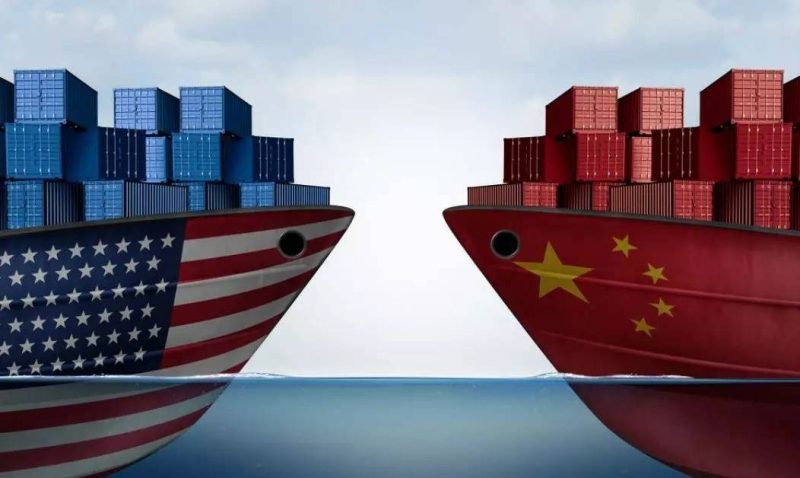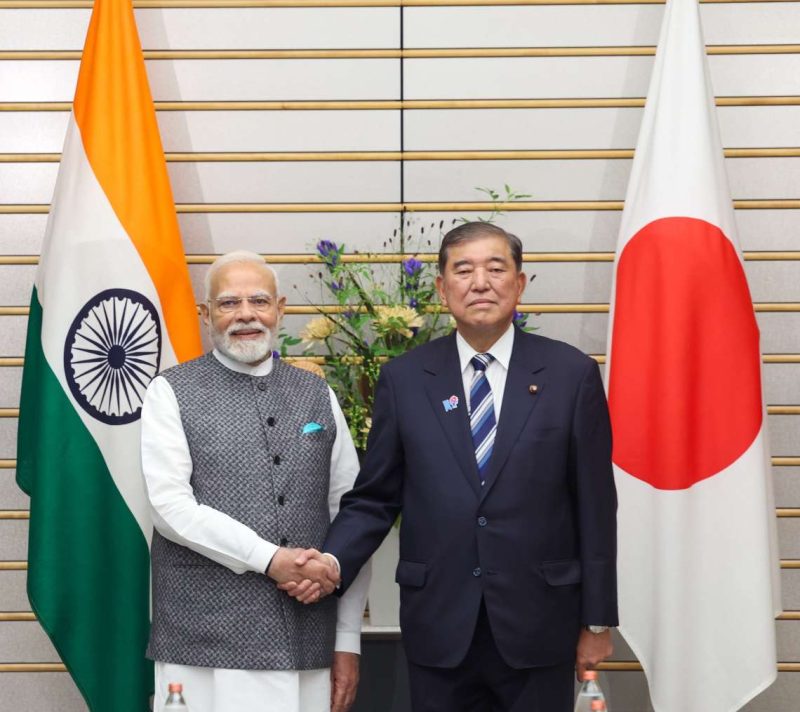Strategic Competition Act of 2021′, a legislation that will allow the US to edge out China in all fields—strategic, economic, and diplomatic – is the brainchild of Robert Menendez—chairman of the Senate Foreign Relations Committee and Senator Jim Risch, reports Rahul Kumar
The Joe Biden administration is moving fast. In just 11 weeks, it has honed on China as an enemy that has to be pursued relentlessly and outmanoeuvred. America knows its enemies and how to chase them down.
Two US senators have introduced the ‘Strategic Competition Act of 2021’, a legislation that will allow the US to edge out China in all fields—strategic, economic, and diplomatic. The bulwark of this strategy will be the Indo-Pacific region, which is right now contentious with the South China Sea swarming with warships from numerous countries.
This comprehensive bipartisan legislation is the brainchild of Robert Menendez—chairman of the Senate Foreign Relations Committee and Senator Jim Risch.
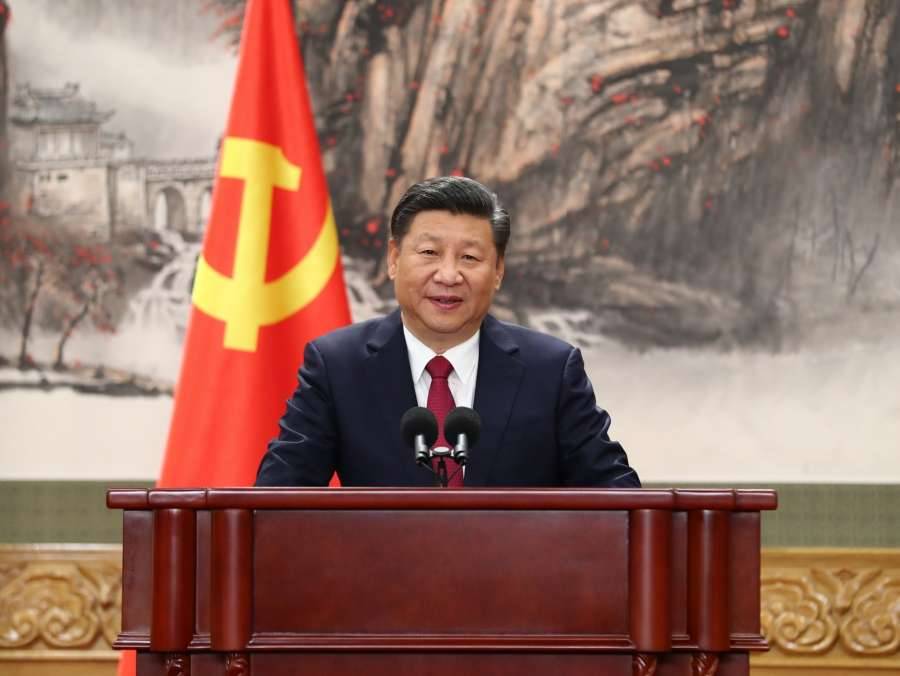
A Road Map for the US
The 280-page legislation by the duo puts together US strategic, economic, and diplomatic tools for an Indo-Pacific strategy that will allow the US to square up to China and take on the challenges it poses to its national and economic security. The Strategic Competition Act of 2021 has endorsed the four-member Quad and urges the US to strengthen its relations with like-minded allies.
The Senate Foreign Relations Committee will take up the bill for discussion and voting on Wednesday, April 14. Speaking to the media, Menendez said: “The Strategic Competition Act of 2021 is a recognition that this moment demands a unified, strategic response that can rebuild American leadership, invest in our ability to out-compete China, and reground diplomacy in our core values.”
China: Opportunistic and Hostile
The legislation takes note of the fact that China has attacked countries and increased hostilities when many countries were vulnerable due to the spread of the coronavirus pandemic. It ratcheted up tensions with India by intruding into Indian-held territory where the stand-off still continues.
The document mentions the violent clash at the Pangong Tso after which India was forced to mirror Chinese deployment of men and machinery.
The document says that China has: “capitalised on the world’s focus on the Covid-19 pandemic by its brazen move in the South China Sea, Hong Kong and contributing to increased tensions with India. The China claims nearly all of the South China Sea. Vietnam, the Philippines, Malaysia, Brunei and Taiwan have counter claims over the area.”

Strength in Numbers
The legislation also says that the US values partnerships in the Indo-Pacific region, with the Association of Southeast Asian Nations (ASEAN) countries as well as the Quad. It asks the US to deepen America’s regional partnerships and also cement existing ones with India, Taiwan and New Zealand.
In their document, the two senators say that the US should reaffirm its commitment to the Quad and be prepared to meet regional challenges to promote a free, open, inclusive, resilient, and healthy Indo-Pacific that is defined by democracy, rule-of-law, and market-driven economic growth and is free from undue influence and coercion.
“The United States should reaffirm its commitment to the Comprehensive Global Strategic Partnership with India and further deepen bilateral defence consultations and collaboration with India commensurate with its status as a major defence partner,” the bill says. It also stresses upon the US administration to build Indian capabilities and capacities against “economic and security challenges posed by China.”
Seeks Scrutiny of the BRI in Pakistan
The legislation wants a detailed description from American diplomacy about the Pakistan-China financial collaboration in the China Pakistan Economic Corridor – a part of the Belt and Road Initiative (BRI) that runs through the length of Pakistan. Through the BRI, China plans to link Southeast Asia, Central Asia, the Gulf region, Africa and Europe with a network of land and sea routes.
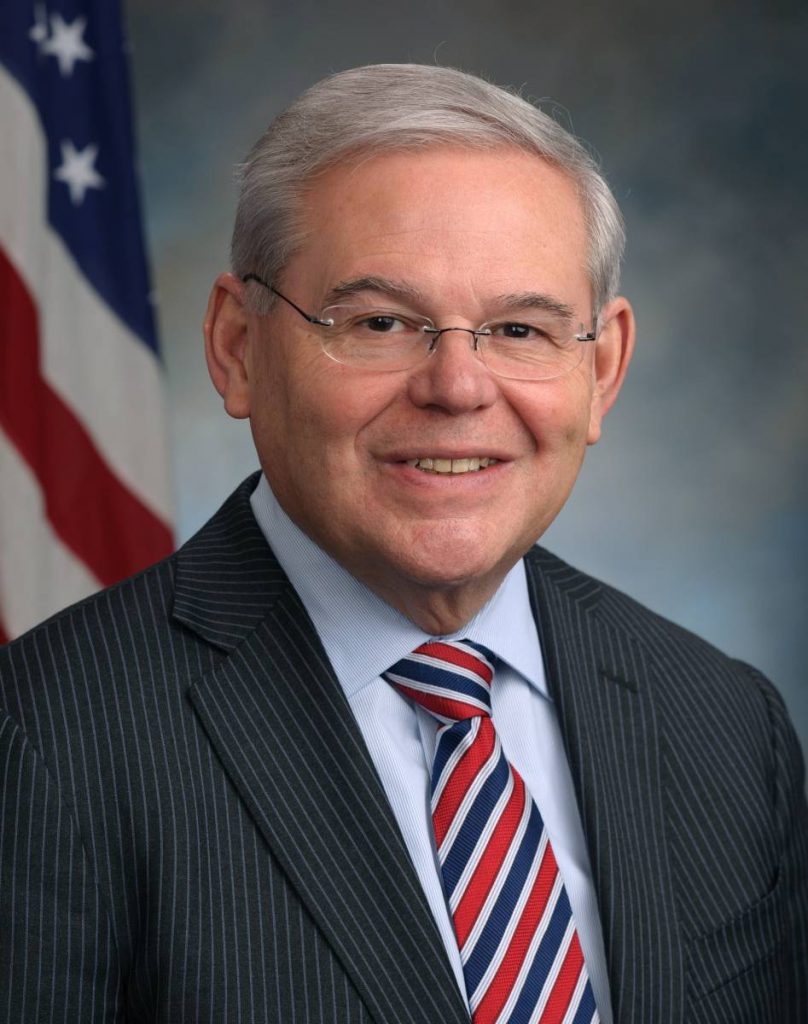
Comprehensive and Idealistic
The bill is holistic in its range. It looks at China’s overwhelming reach across the globe, therefore, expects the US to strengthen diplomatic efforts everywhere – the Western Hemisphere, Europe, Asia, Africa, the Middle East, the Arctic, and Oceania.
The legislation lends support to a range of human rights issues like restrictions in Hong Kong as well as forced labour, forced sterilisation and other abuses in Xinjiang. It wants action against China’s IP infringements, Chinese government subsidies, its predatory international policies and track the presence of Chinese companies in US capital markets.
The legislations calls for enhanced cooperation with allies on arms control in the face of China’s military modernisation and expansion, and wants transparency on the entire range of Chinese weapons – ballistic, hypersonic glide, and cruise missiles, conventional forces, nuclear, space, cyberspace and other strategic domains.
Confident the Legislation will make it
Menendez is hopeful that the legislation will find favour. He says: “I am confident that this effort has the necessary support to be overwhelmingly approved by the Senate Foreign Relations Committee next week and the full Senate shortly thereafter. That is the only way we will get the China challenge right – a bipartisan commitment to mutual trust and good-faith compromise, balancing pragmatism and idealism…”
Risch, his partner in the legislation, says that this is an important step towards ensuring that the US is enabled to compete with China for future decades. He adds that the bill also cuts the Communist Party of China’s influence across the globe, particularly in American universities.
2021 bring forth a Series of American Thoughts on China
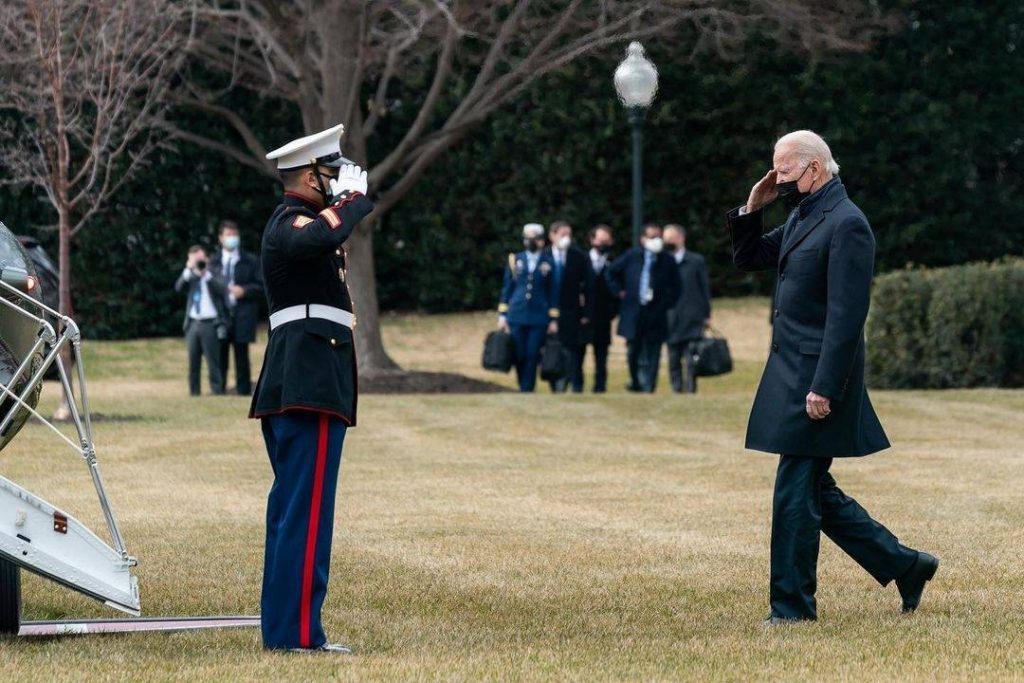
Also read:India, China agree to resolve outstanding issues
Interestingly, this is not the first attempt by the US this year to find its place in the world vis-a-vis China. The previous two documents – released in March and January – speak on similar lines.
In March, the Biden administration had revealed a piece of its mind when it released the Interim National Security Guidance paper that identified China as its main global rival. The 21-page vision document was the Biden administration’s pathway to dealing with China, building up a military presence in the Indo-Pacific as well as strengthening ties with allies like Europe and India.
The National Security Strategy document was pragmatic in cautioning that the US along would not be able to restrain China.
Just before that, it was Donald Trump, who declassified the China strategy in January barely a week before stepping down. In an unusual move, Trump laid bare the path for president-elect Biden by publishing the document – ‘United States Strategic Framework for the Indo-Pacific.’
The classified document made clear to the world, and also the incoming Biden administration, American thinking about the geo-political climate pervading the world. The Trump strategy underlined that the US needs to tackle China, accelerating India’s rise as a counterweight to Beijing and also defend Taiwan against a possible Chinese attack.
The US is Loath to see the World as Multipolar
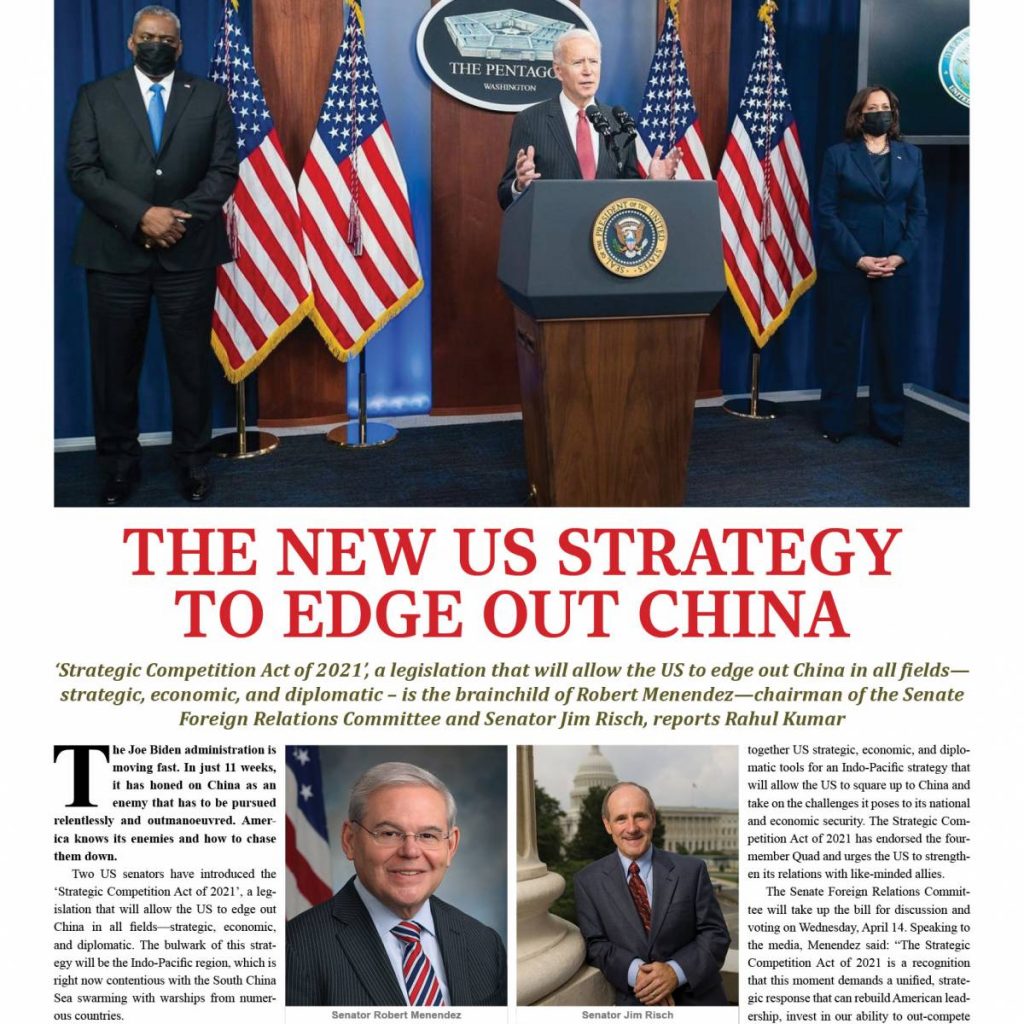
The latest legislation, Biden’s National Security Strategy as well as Trump’s confidential documents are pointers to the American realisation that it is not the sole superpower. Power slipped away from its fingers exactly when it was courting China and China was courting itself.
It goes to the credit of Americans thinkers and policy makers that they have finally noticed the rise of China and how the communist giant is not averse to treading on neighbours’ territories, satisfied with violating international rules and almost cheerful while challenging the US. The observation is late by a few years but they have also located the answers to the confounded China challenge.
The answers lie in gathering allies, enforcing the international rule of law, flexing military muscles as well as holding China and its ruling party accountable for its misdemeanours.
(This content is being carried under an arrangement with indianarrative.com)
Also read:Vax Shortages Hit China


